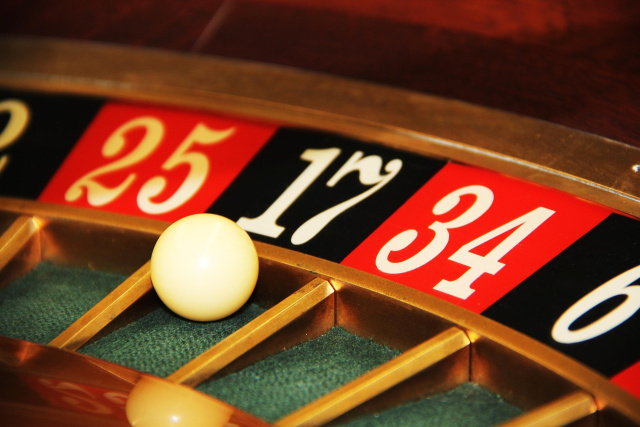
In a contentious session marked by impassioned debate, the Bulgarian Parliament has decisively voted against proposed amendments to the Gambling Act aimed at restricting the advertisement of gambling activities.
The amendments, championed by Kostadin Kostadinov of the Revival party, were met with a resounding 67-29 vote rejection, accompanied by 79 abstentions.
Support for the revisions primarily came from the Revival Party, BSP (Bulgarian Socialist Party), and There Is Such a People party.
However, critics wasted no time in pointing fingers, laying blame on GERB (Citizens for European Development of Bulgaria) and We Continue the Change – Democratic Bulgaria for purportedly safeguarding the interests of the gambling industry.
The proposed amendments aimed to mitigate the societal harms associated with gambling by introducing stricter regulations on advertising.
Proponents of the bill argued that enhanced control measures and the strengthening of the register of individuals with gambling addiction were imperative steps toward achieving this goal.
Additionally, the revisions proposed imposing fines on media operators who were found violating the advertising restrictions. The Revival, one of the bill’s advocates, underscored the devastating impact of gambling addiction, citing statistics suggesting it affects as many as one in three families in Bulgaria.
They emphasized that combating this addiction was the primary objective of the legislation, urging fellow parliamentary groups to engage in constructive dialogue aimed at formulating effective laws.
Rumen Gechev of BSP went a step further, advocating for a blanket ban on gambling in Bulgaria. Gechev decried the aggressive and pervasive nature of gambling advertisements, especially their infiltration into the digital spaces of children and youths.
In contrast, Lyuben Dilov of GERB expressed reservations about the proposed amendments, particularly their potential repercussions on municipal sporting institutions.
Dilov argued against a complete ban on gambling advertisements, contending that such measures would not address the root causes of addiction. “Human nature should remain untouched and unchanged,” he asserted.
The rejection of the proposed amendments signals a victory for proponents of maintaining the status quo in the gambling industry. However, it also highlights the ongoing debate surrounding the balance between economic interests and social responsibility.
The outcome of this parliamentary session underscores the complexity of addressing gambling addiction and its societal implications.
While advocates for stricter regulations emphasize the need to protect vulnerable individuals and families, opponents caution against measures that could hinder economic activities and personal freedoms.
As the discussion continues, stakeholders on all sides are urged to engage in constructive dialogue aimed at finding common ground and implementing effective measures to address the multifaceted challenges posed by gambling addiction in Bulgaria.
This article was created using automation and was thoroughly edited and fact-checked by one of our editorial staff members
